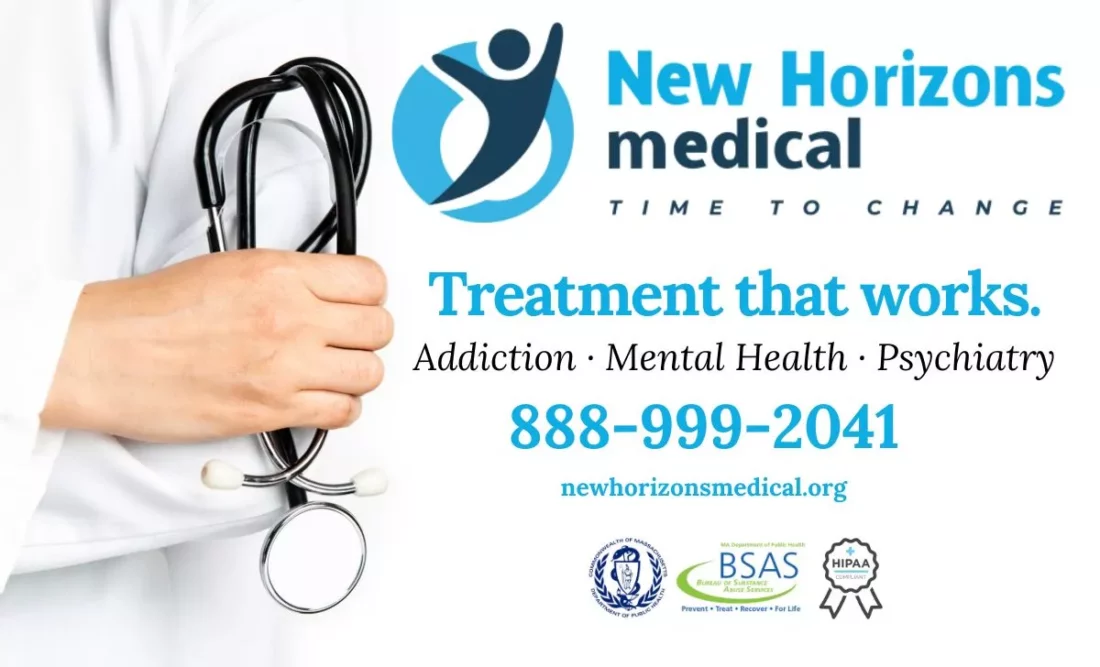
At some point in your sobriety journey, you will likely be tempted to relapse. The good news is that there are many steps you can take to prevent relapse and stay on the path to recovery.
In this article, you’ll learn more about identifying triggers and developing resilience to stress, both of which are critical to staying sober.

Staying Sober Is Easier Than Starting Over
When you’re feeling triggered and want to relapse, remember this mantra: Staying sober is easier than starting over.
Nobody’s saying that staying sober is easy. It’s one of the hardest things you’ll likely ever do.
However, your life will be easier if you stay on the sober path rather than giving in to your urges and then trying to start back over from zero.
Remember how difficult it was to get one full day of sobriety under your belt? Don’t give up and send yourself back to square one.
How do I know if I’m in recovery? – SAMHSA recovery handbook.
How to Identify Triggers
If you know what triggers you, you can then avoid those situations (when possible) or, when you can’t avoid them, use coping skills to navigate them more easily.
How do you identify triggers? Follow these steps:
Pay Attention to Your Physical Responses
Pay attention to your body’s responses during challenging scenarios. Does your heart start to race when you get nervous? Do your muscles get tense when you’re angry?
Sometimes, it’s easier to notice physical symptoms like these before you realize the specific emotion you’re experiencing.
Notice Your Emotional Responses
Consider how your emotions change, too. Do you feel sad or hopeless?
Dig a little deeper and think about what sadness or hopelessness feels like for you. Is there a heaviness in your chest? Do you feel a lump in your throat like you’re about to cry?
Work Backward
Once you notice a shift in your body or a change in your mood (or both), work backward and try to identify what caused it.
For example, did you start to get tense when you walked by a bar you used to visit frequently while drinking? In that case, the bar or the street where it’s located is likely a trigger for you.
How to Stay Resilient
Once you can identify your triggers, the goal is not to never get triggered again and prevent relapse. The goal is to become more resilient so you can prevent triggers from overwhelming you and causing you to relapse.
Here are some strategies you can use to develop resilience:
Make Time for Mindfulness
Mindfulness exercises can help you get more in touch with your feelings and easily recognize changes in your mood or physical state. Dedicate time regularly (daily is best) to sitting quietly, focusing on your breath, and being mindful.
Prioritize Your Physical Health
It’s easier to resist triggers and avoid relapse if you’re taking good care of your physical health, too. Exercise regularly, eat a nutritious diet, and make sure you’re getting enough sleep.
Spend Time with Loved Ones
Isolation can seem like the only option when you’re feeling triggered. In reality, though, spending time with friends and loved ones can help you resist temptations and navigate complicated feelings. Don’t be afraid to reach out and ask for help or support. Also learn how to talk to your loved ones about recovery.
Work with a Professional
It’s also helpful to work with a mental health professional, such as a therapist specializing in addiction recovery. They can help you recognize triggers, develop coping mechanisms, and increase your resilience. At New Horizons Medical, we are with you every step of the way – talk to us today to see how we can help 888-999-2041.
Be Kind to Yourself
Developing resiliency takes time. Don’t be hard on yourself if you get triggered, and don’t respond with as much composure or calmness as you would like.
Be kind, forgive yourself, and try to do better the next time. Learn more how to take care of your mental health.
Signs You’ve Found a Good Person to Help You Stay Sober
Confiding in a loved one is a great way to manage your sobriety and prevent relapse. You need to find the right person to connect with during difficult situations, though.
How do you know if you’ve found a good person who can help you stay sober? Look for these signs:
- They encourage you to stick with your sobriety journey
- They don’t put you in triggering situations
- They listen without judgment
- They tell you the truth (even when it’s hard to hear)
- They set clear boundaries (and are respectful of yours)
Final Thoughts
You will face moments in your sobriety journey when you want to give up and start drinking or using drugs again. However, if you know how to recognize your triggers and are working to become more resilient to stress, you will be able to navigate these situations more easily and prevent relapse.
Follow the tips and guidelines shared above to improve your mental well-being and reduce your chances of relapsing.


